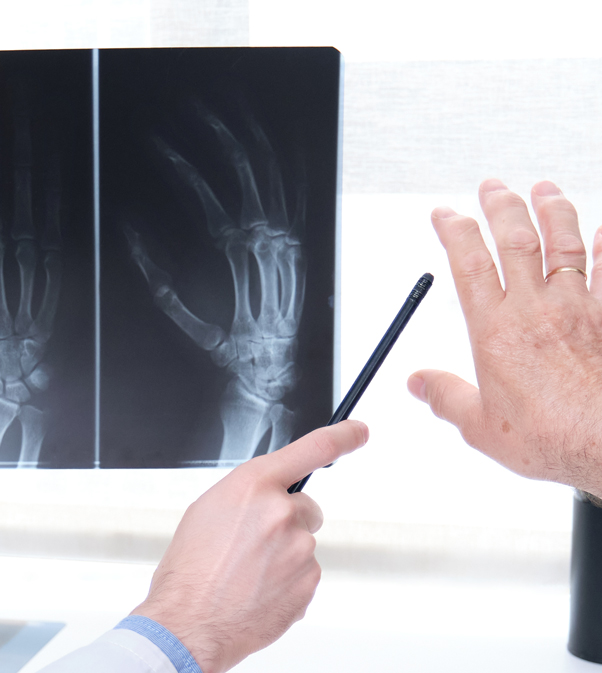More research is necessary to determine the true effectiveness of stem cell therapy for rheumatoid arthritis. Research using mesenchymal stem cells to treat rheumatoid arthritis has found that stem cells have immunomodulatory potential (helping to stabilize the immune response). Clinical trials in rheumatoid arthritis patients demonstrated that stem cell therapy led to a reduction in inflammatory markers, as well as improvements in clinical symptoms, joint functioning, and quality of life1.
However, there are often several differences in the administration or type of stem cells used, as well as a wide disparity in the patients being treated. So, while stem cell therapy for rheumatoid arthritis looks promising, it’s important to remember that it’s still an experimental approach, and larger controlled studies are needed.
1. Babaahmadi, M., Tayebi, B., Gholipour, N.M. et al. (2023). Rheumatoid arthritis: the old issue, the new therapeutic approach. Stem Cell Res Ther 14, 268.




